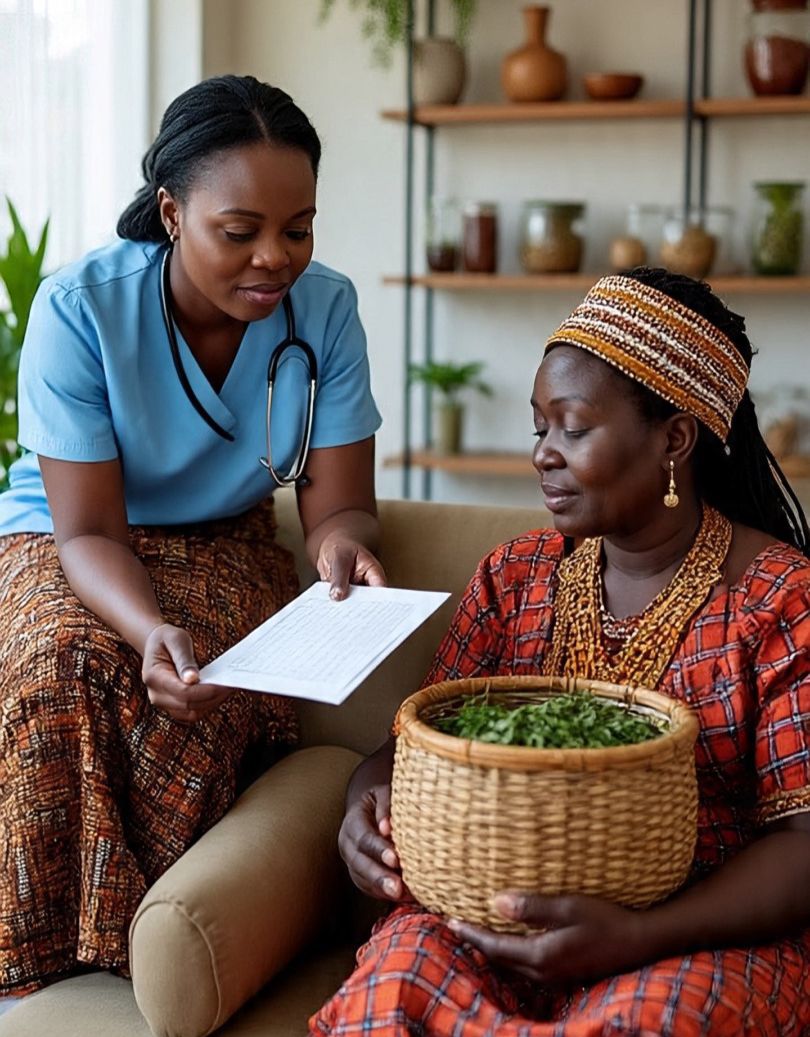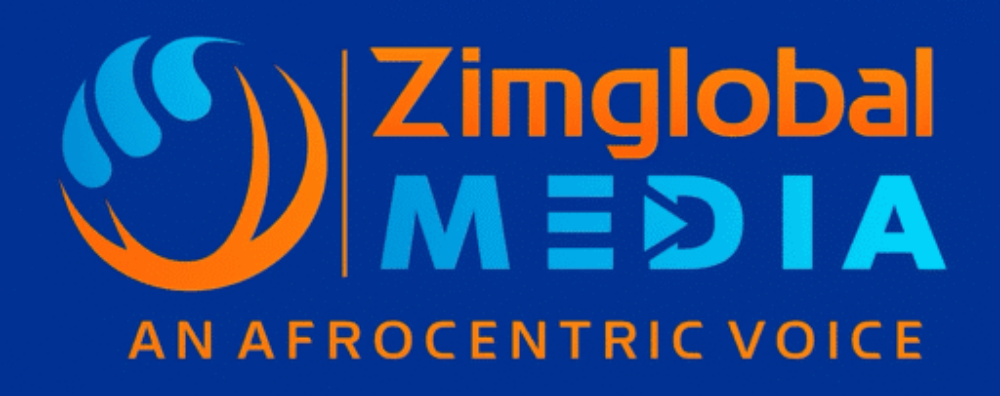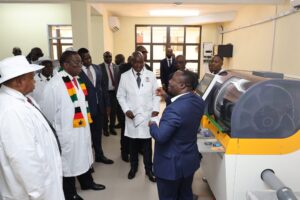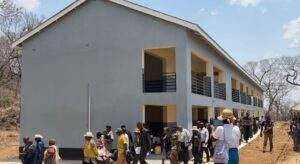The Revival of African Traditional Medicine in Modern Healthcare
3 min read
Editorial — In an encouraging turn for healthcare across Africa, Zimbabwe is leading a movement to formally integrate African traditional medicine with conventional clinical systems—a revival rooted in centuries of indigenous healing practices.
Once relegated to the margins by colonial-era policies, traditional medicine is experiencing renewed legitimacy thanks to collaborative efforts and global endorsement.
At the heart of this revival is a growing belief that ancient knowledge and modern science can coexist to deliver better health outcomes.
The World Health Organization (WHO) is playing an instrumental role. In 2023, the WHO convened its inaugural Traditional Medicine Global Summit in India, aimed at promoting evidence-based integration of traditional medicine into global healthcare systems.
This aligns with broader WHO strategies—like the Traditional Medicine Strategy 2014–2023—designed to support member countries in incorporating traditional healing into national health policies.
Locally, Zimbabwe is taking concrete steps. The Traditional Medical Practitioners Council (TMPC) has emerged as the official body overseeing the licensing, registration, and education of traditional healers.
“Our mission is to bridge two worlds—ensuring that traditional practitioners operate with transparency, certification, and respect for modern healthcare standards. This cooperation ultimately safeguards our communities.” Remarked the TMPC Spokesperson.
The reasons for embracing this integration are both practical and cultural. Traditional remedies remain pervasive—particularly in rural areas where accessibility to clinics is limited—and are often affordable and culturally resonant.
Estimates suggest that 60% to 80% of Africans regularly rely on traditional medicine for primary healthcare.
Moreover, in urban and rural zones alike, many patients already combine herbal or spiritual healing with clinical treatment. Integration policies can help ensure better coordination, safety, and respect for cultural practices.
Several African countries have taken notable steps in adopting and promoting the use of traditional medicines.
Since 2012, Ghana has formally integrated herbal medicine into its national health system. This includes training medical herbalists and incorporating herbal clinics into public hospitals.
The National Institute for Medical Research (NIMR) in Tanzania leads research on indigenous herbal remedies, fostering entry of traditional medicine into scientific healthcare frameworks.
The Traditional and Modern Health Practitioners Together against AIDS (THETA), launched in the early 1990s in Uganda, promoted collaboration between traditional healers and biomedical practitioners to manage HIV/AIDS .
Despite the momentum, obstacles persist. Many traditional remedies lack rigorous clinical trials, creating gaps in understanding their safety, dosage, and interactions with modern drugs.
With many healers guarding their knowledge as sacred, consistency in formulations and dosages can be difficult to achieve.
Countries often lack sufficient qualified herbalists, supply chains, and robust policy frameworks to fully support integration.
The revival of African traditional medicine within modern healthcare systems is more than a policy—it’s an affirmation of indigenous wisdom and a reclaiming of cultural identity.
Zimbabwe, by reinforcing this blend through regulation, research, and collaboration, is positioning itself as a regional pioneer.
A patient at a Harare clinic captured the sentiment poignantly, “For generations, our ancestors healed us with plants and prayers. Now, bringing that together with hospitals is like using both hands instead of one.”
The future of healthcare in Africa may well lie in such synergy. As the continent nurtures its botanical heritage and aligns it with modern science, integrated medicine could offer not only healing—but also pride, autonomy, and innovation.
——————————————
Zim Global Media News 🗞️
an Afrocentric Voice




